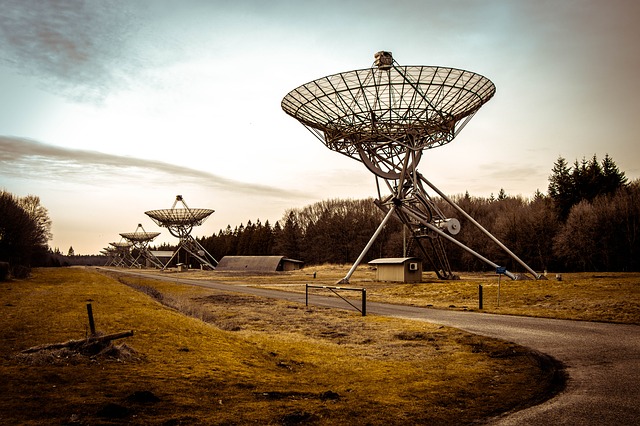
Students from three Square Kilometre Array (SKA) partner countries in Africa completed training on the African Very Long Baseline Interferometry Network (AVN) at the Hartebeesthoek Radio Astronomy Observatory in Gauteng recently.
The training is part of the Development in Africa with Radio Astronomy (DARA) project, which seeks to provide people in the targeted countries with training to use radio telescopes. The 19 participants were from Zambia (10), Namibia (3), Botswana (5) and South Africa (1). The cohort included postgraduate students in various science and technology related fields.
DARA also has an outreach programme to encourage young people to study the technological aspects of radio astronomy and pursue science, technology, engineering and mathematics subjects. The project is funded by the Newton Fund.
During the three weeks, the students explored the ins and outs of radio astronomy and how to use the AVN’s radio telescopes. The students were hosted at HartRAO and treated to various social activities and excursions in the North West and Gauteng provinces.
This year’s training was the second such training programme hosted by HartRAO. Plans are now underway for hosting it again for the next two years.
Dr Alet de Witt, Operations Astronomer at HartRAO and coordinator of the training programme, says the project aims to attract African postgraduate students with a degree in science and engineering fields.
“Some of them are already working and some are still studying, but we train them so that they can go back and build the radio astronomy capacity in their own countries,” says De Witt.
A 27-year-old MSc student in Computer Science at the Botswana University of Science and Technology, Kushatha Kelebeng says that she finds the course interesting.
“Coming from a computer science background, I don’t know much about radio astronomy, but now, with this course, I have learned a lot about radio astronomy and determining how we can perform data mining, which is an area that I am interested in,” she says.
The African VLBI Network (AVN) is a project to build a network by converting redundant satellite Earth-station antennas across Africa to use for radio astronomy.
The AVN will help to develop the skills, regulations and institutional capacity needed in SKA partner countries to optimise African participation in the SKA and enable participation in SKA pathfinder technology development and science.
The AVN programme will transfer skills and knowledge in African partner countries to build, maintain, operate and use radio telescopes. It will bring new science opportunities to Africa on a relatively short time scale and develop radio astronomy science communities in the SKA partner countries.
